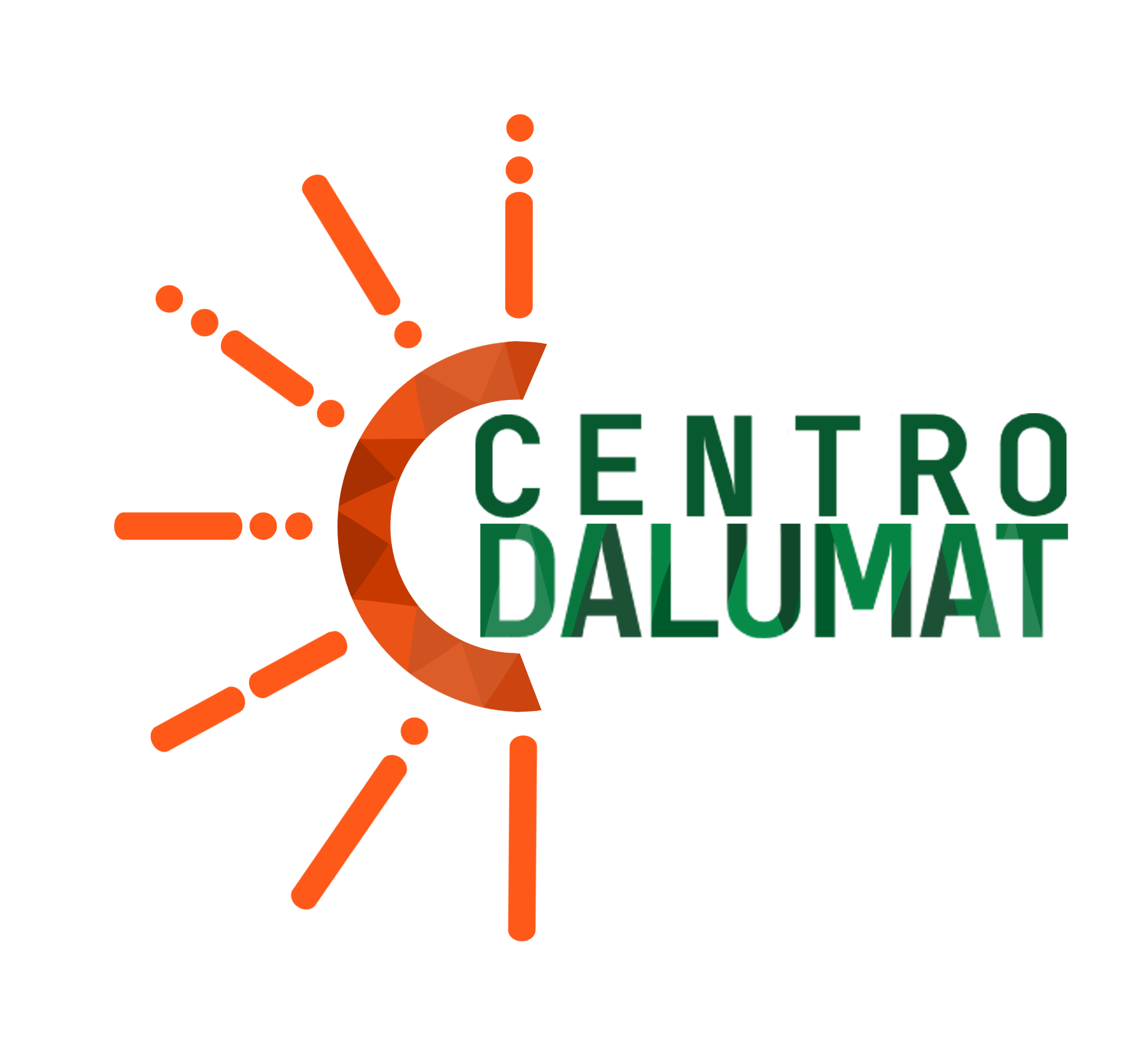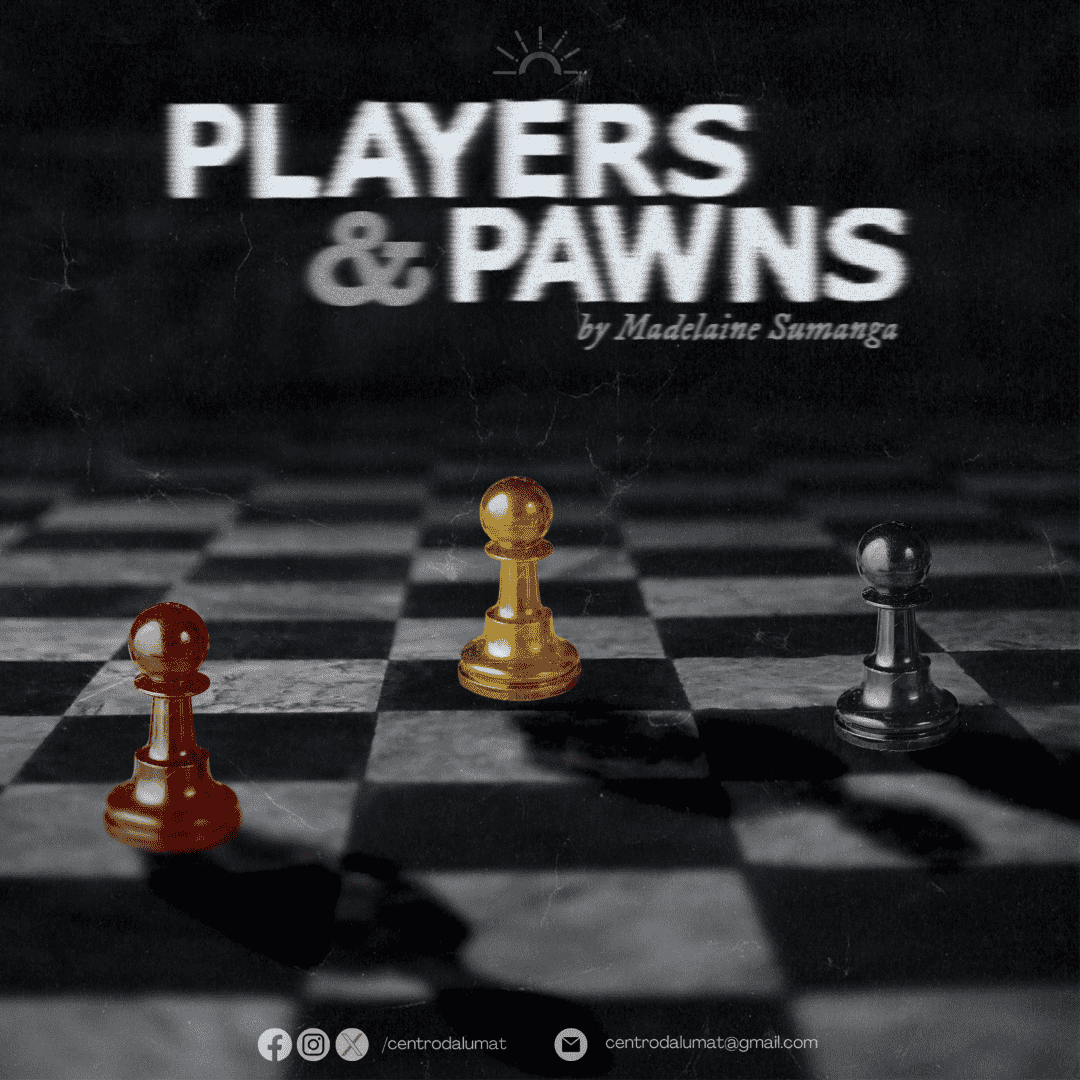Have you ever considered the possibility of us being mere pawns in a larger game? With our round heads and small frames, are we sacrificed for the sake of the greater good and glory? A chess game, perhaps? Well, that’s not how it’s supposed to be.
In a chess game, played on a board with 64 squares, two players make their moves. Similarly, in our society, citizens and leaders are the players. Citizens make their moves through voting, advocacy, and active participation, while leaders shape policy decisions. Each move by these players can shake the figurative board of our nation, impacting its overall state. Just like chess players strategize and plan their next moves, citizens and leaders should align their beliefs with their values and vision ahead of political parties and candidates.
Much like the concept of checks and balances, chess requires an intricate balance between offense and defense. There’s an existing balance of power that must be maintained to prevent any one player from dominating the game. In a similar vein, the goal in both scenarios is to checkmate the opponent. It’s a game to either win or lose. In democracy, winning means achieving the common good through the will of the majority while protecting the rights of the minority. Losing isn’t a defeat; it’s a reflection of the people’s will and a benefit to all.
Effective democratic leadership demands strategic thinking, which sometimes requires sacrificing short-lived popularity. Popularity is a crucial aspect of this form of government, and with it comes great responsibility. Just as chess players adapt to their opponent’s moves, leaders must adapt their policies and actions to address the concerns and priorities of their times.
Chess players improve their game by analyzing their moves, learning from both their successes and failures. It is essential for citizens and leaders to act, learn, and avoid repeating past mistakes, as Liza Soberano’s character in Alone/Together wisely puts it, “To forget is to deny the present any significant meaning.”
Imagine a chessboard with 64 squares and small wooden pieces that move—endless possibilities exist. Democracy offers various paths, much like the round world and the complexity of infinities, but it can be predictable.
Why do we relate democracy to a chess game, you ask? Because we are the players, not mere pawns.

